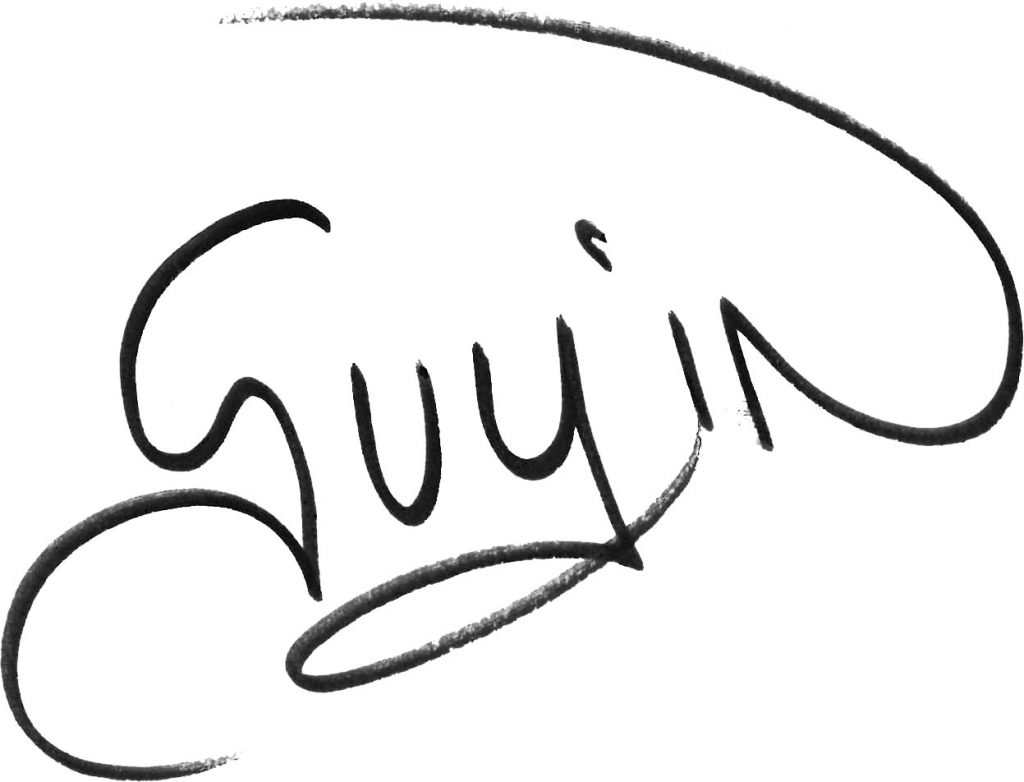Some weeks ago I had the chance to be at the Sopernova conference. The closing keynote for Charlie Duke was very impressive, it felt impossible that this energetic man had the age he has. He talked about many things linked to his experiences on the moon and you could feel even in the back row how much he loved his experience, despite the hard work to be able to get there.
One of the things he described is that fear is not a bad emotion, as long as you do not panic.
I started wondering how we can teach our brain not to panic when we feel fear.
What is fear to start with? Why is it something so personal?
Some fear dogs, others fear the open sea, some people seem fearless.
I think most people will agree with what Chat GPT says : that fear is a fundamental human emotion that serves as a protective mechanism in response to perceived threats or dangers. It is an adaptive response that has evolved over time to help us avoid harm and survive in potentially hazardous situations.
Cultural beliefs, social norms, and upbringing can also shape our experience of fear. I think for example, that certain phobias or anxieties may be more prevalent in specific cultures or societies due to cultural beliefs or societal pressures.
What is interesting is that fear is actually triggered by the ‘perception’ of danger, whether real or imagined.
Could we then say that people who are fearless might have never had any traumatic experience?
But then is it not so that what is traumatic for one person might not be for another?
So it is all about perspective and how we are able to evaluate a situation. So being able to go into uncertain situations without fear is the key to becoming better to teach your brain not to panic.
I remember when I had my stroke about 10 years ago, that I really said to myself: do not panic, it will not give you more chances to survive. Strange as I was never in that traumatic situation before. What I do know now is that in case this happens again I will be calm again. Because I honestly believe that not panicking made me come out faster from this stroke. It really felt as if I was talking to my brain.
So I agree that what our astronaut said is true: panicking is not so smart. You might be scared, feel fear, but you should learn to control your brain, your heart, your body, not to panic.
Maybe we also need to feel fear from time to time, to grow as human beings.
While it can be uncomfortable or distressing, fear plays an essential role in helping us navigate in this world and respond to the challenges and uncertainties of the world around us.
I would also like to add, when was the last time you lost control of your feelings, it can be a great feeling also. We need to know when we feel safe and let go and when we have to be conscious and ready.



